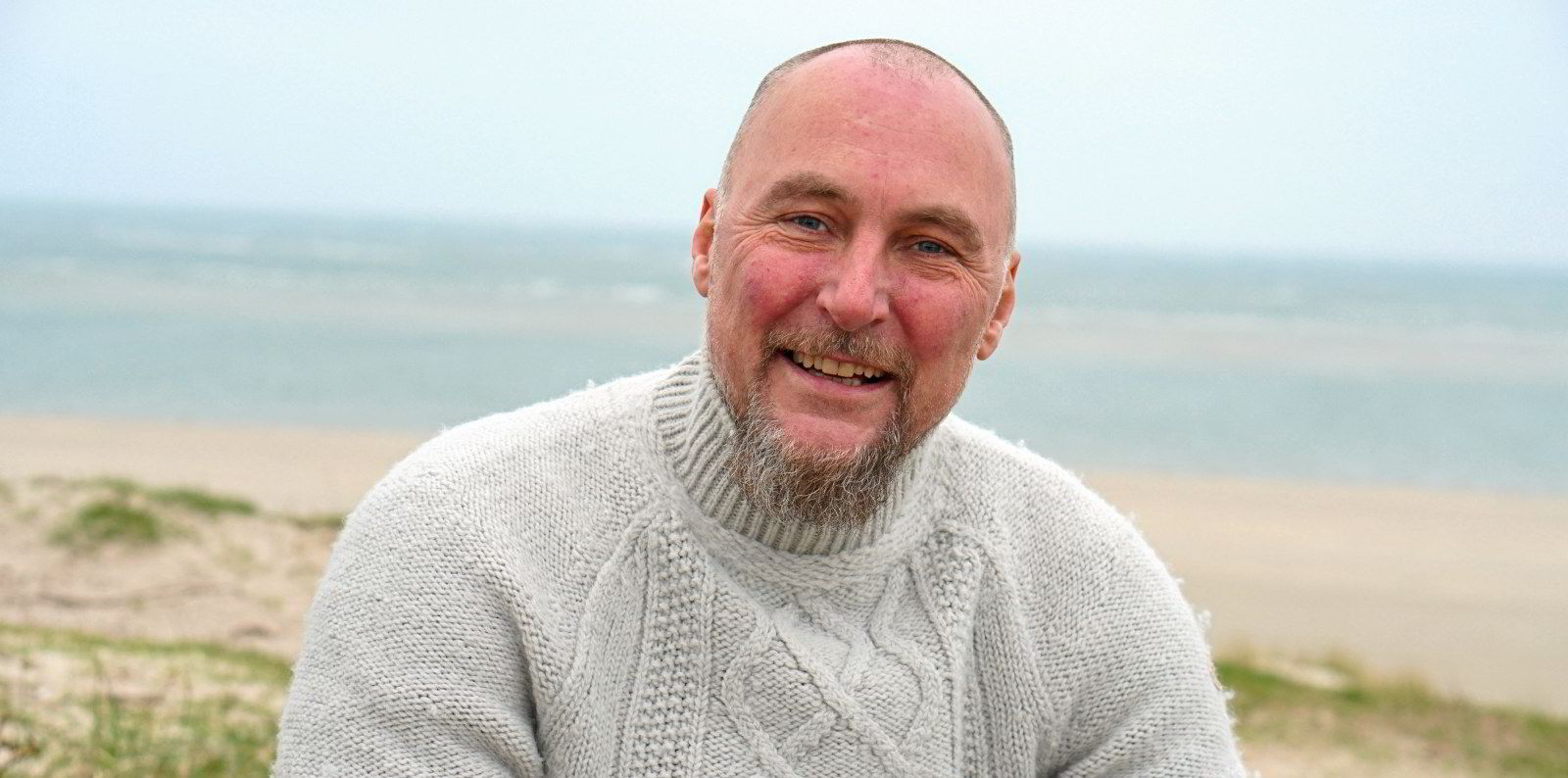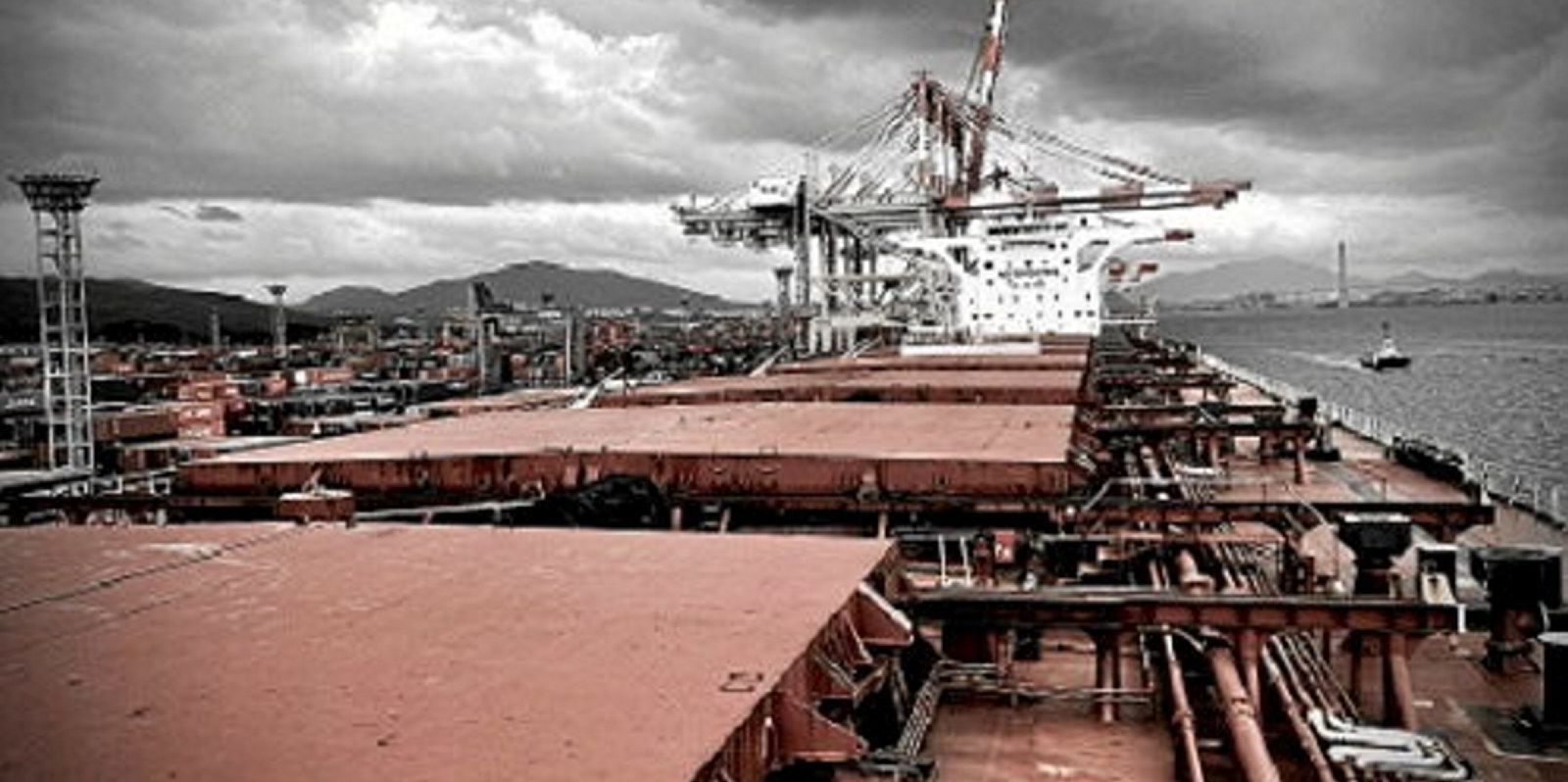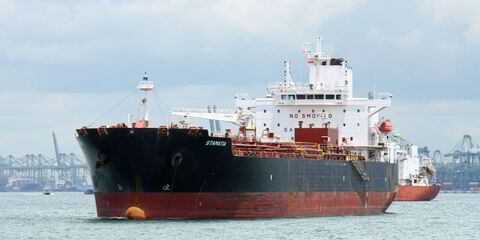Sliding earnings in April have done little to dampen buying appetite for secondhand bulkers, with notable activity seen even in capesizes, where the S&P buzz had been comparatively lagging.
Ships change hands at robust prices, underpinned by upbeat views on market prospects as newbuilding orderbooks remain low and Covid-related port congestion builds up again in China.
In the most characteristic deal talk making the rounds, clients of Valhal Shipping are said to have resumed buying with the $47.5m acquisition of the 182,000-dwt capesize Red Sage (built 2015).
The price tag far exceeds valuations by platforms such as Signal Ocean, VesselsValue and MSI Horizon.
This doesn’t just reflect how sanguine buyers are at the moment but may also reflect the ship’s particulars. The Japanese-built Red Sage is fitted with an electronic ‘eco’ engine, is equipped with a ballast water treatment system and its next special survey is nearly three years away.
Managers at Hamburg-based Valhal, which is known to be the exclusive dry bulk agent of Greece’s Lemos Group, declined to comment on the buy talk.
The company’s founder Jacob Juncher, however, didn’t conceal that he is bullish about the business.
“As a whole, we believe that the dry bulk market is in for a good few years of demand growth with limited supply of new bulkers hitting the water,” he told TradeWinds.
Wobbly geopolitics, as exemplified in a European ban on Russian coal, may unsettle certain trades but also increase ton miles, as buyers source imports from farther away, Juncher added.
China's anti-Covid lockdowns “can affect trade and domestic demand negatively but also keep congestion numbers high as Chinese ports are working with less efficiency,” he said.

Given such views it wouldn’t come as a surprise if the Red Sage eventually crops up with the Lemos Group, becoming its fourth capesize purchase since early 2021 and its first in 12 months.
The Greek owner’s previous deals comprised the 182,300-dwt Thalassini Agatha (built 2011), the 179,800-dwt Thalassini Astrid (built 2014) and the 180,600-dwt Thalassini Avra (built 2011).
Enesel had also ordered a pair of ultramax newbuildings but it sold them before delivery to finance its expansion drive into secondhand capesizes, in order to benefit quicker from rising bulker earnings.
There is less clarity about the motives of the purported sellers of the Red Sage. The ship’s registered owner is Dakota Holding, a one-ship company some market sources and data banks link to Peter Livanos-led Ceres Shipping and others to US investment giant JP Morgan.
Ceres and JP Morgan, however, may have been cooperating on the vessel, as they have on other ships in the past.
“We see activity taking shape across all the different size segments and age groups,” analysts at Athens-based Allied Research noted on 11 April.
They added: “This underlines the robust sentiment that is surrounding the dry bulk sector right now, despite the slight negative pressure noted of late in terms of freight earnings”.
Alpha Bulkers, Safe Bulkers on the buying path
In another reported capesize transaction proving the same point, Monaco-based Goodbulk is said to be parting with the 179,400-dwt capesize Aquamaka (built 2009), which is going to Greece's Alpha Bulkers for about $26.5m.
None of the two companies immediately responded to a request for comment.
Goodbulk is said to be offloading its only panamax vessel, the 75,400-dwt Aquaknight (built 2007) for about $17m.
A third capesize deal, again by a Greek buyer, was announced late on Tuesday, with US-listed Safe Bulkers revealing it agreed to spend $30m on a 181,000-dwt ships built in China 10 years ago.
Safe Bulkers didn’t identify the ship, but its description matches Cara Shipping’s 181,000-dwt Stella Anita (built 2012), which TradeWinds reported last month as being in the process of being sold at between $29m and $30.5m.
“We have further expanded in the cape market segment acquiring our seventh vessel, at what we believe a competitive purchase price, utilizing our liquidity,” Safe Bulkers chairman Loukas Barmparis commented.
This is the second time this year that Safe Bulkers, an owner of 40 ships, buys a capesize on the secondhand market.
Safe Bulkers will take delivery of the Stella Anita in May and finance the acquisition from cash reserves.
Amid robust earnings, Safe Bulkers expanded its fleet with both with newbuildings and secondhand acquisitions, while reintroducing dividends and cutting debt.



